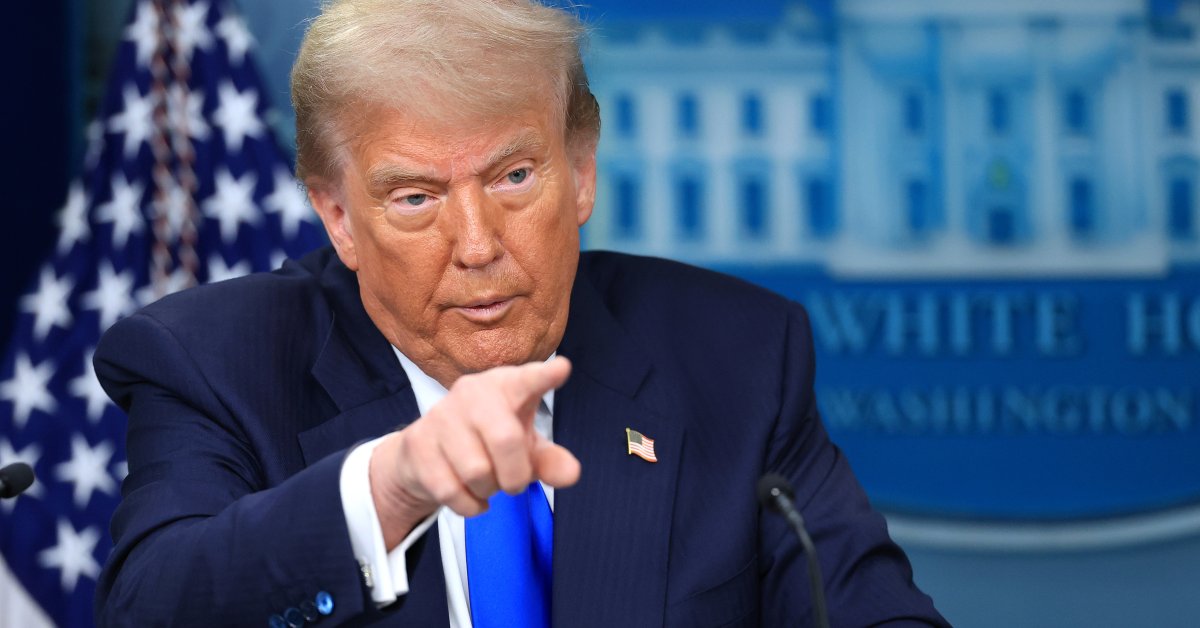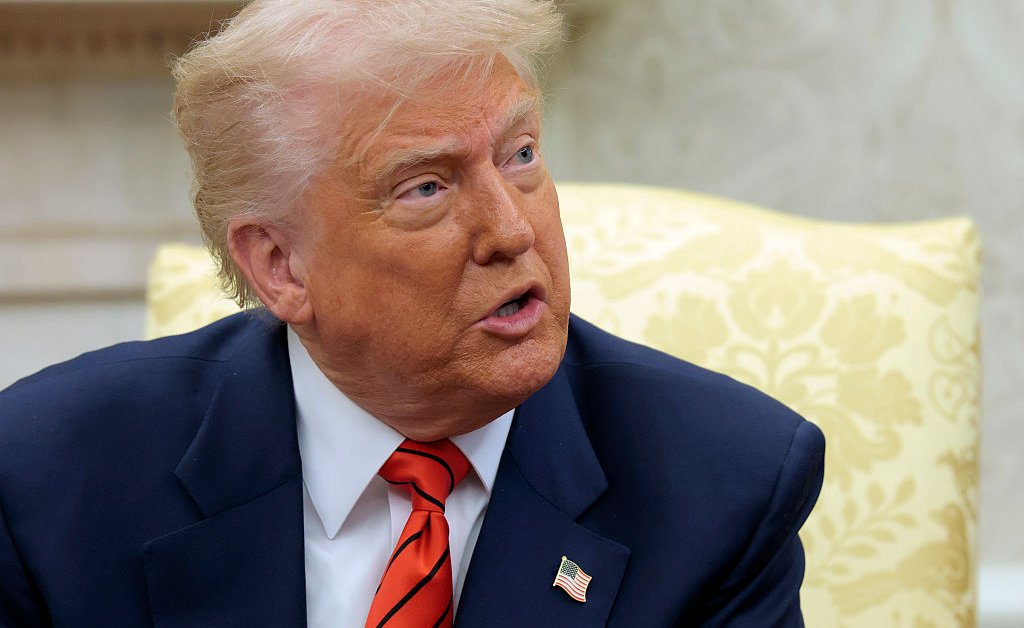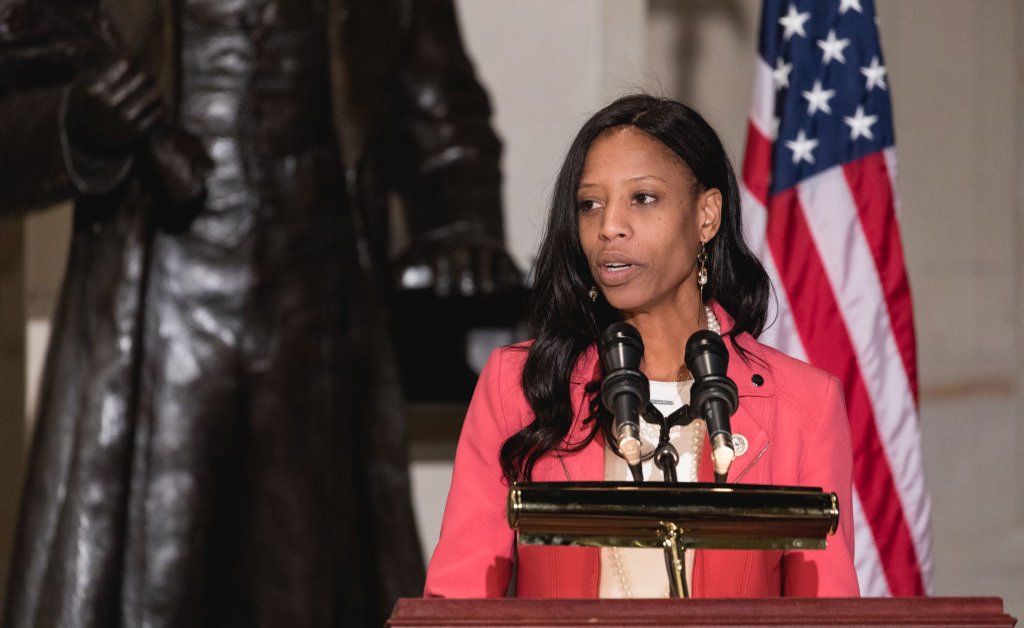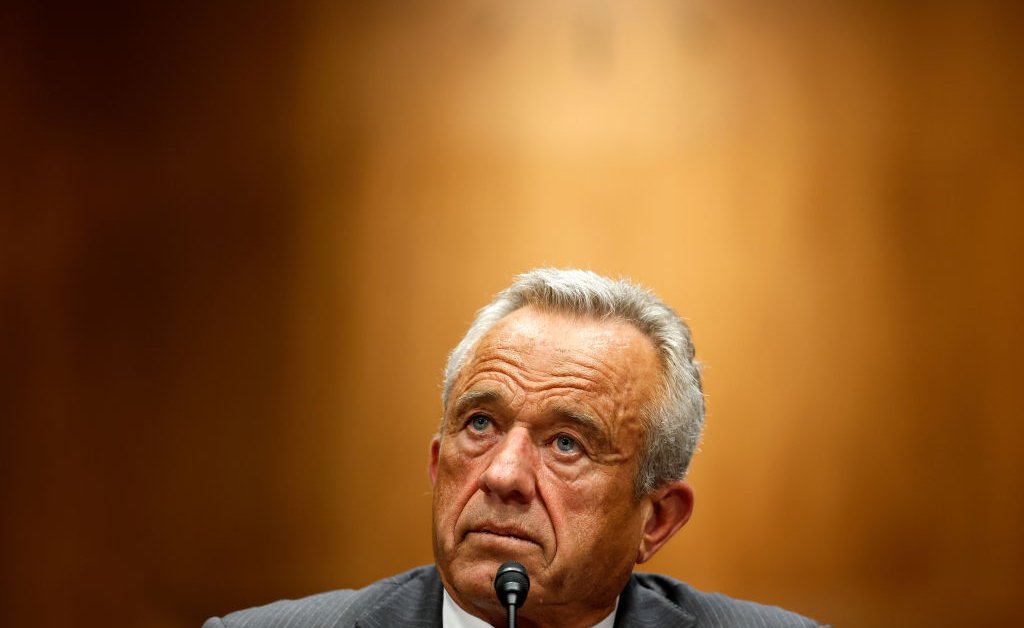President Donald Trump has threatened additional tariffs on any country that supports the “anti-American” policies of the BRICS group, a political and diplomatic coordination forum consisting of 11 countries.
“Any country aligning themselves with the anti-American policies of BRICS will be charged an additional 10% tariff. There will be no exceptions to this policy,” Trump said via Truth Social on Sunday night.
Trump did not explicitly specify what constitutes “anti-American” policies in this instance, but he has previously warned the group not to create a new BRICS currency or “back any other currency to replace the mighty U.S. dollar.”
The threat came after the U.S. President said that the long-awaited tariff deals and letters discussing those moves with other countries will be announced from 12pm ET on Monday, signalling movement on the trading front as the July 9 deadline for the pause on Trump’s tariffs approaches.
Thus far, Trump has only announced deals with three countries: the United Kingdom, China, and Vietnam.
BRICS started its two-day 2025 summit in Brazil on Sunday. Leaders from attending countries signed a joint declaration titled “Strengthening Global South Cooperation for More Inclusive and Sustainable Governance.”
Unsurprisingly, come Monday, the threat of additional U.S. tariffs loomed over the intergovernmental organization’s proceedings.
Read More: The U.S. Has a Long History of Tariffs. Here’s How Trump’s Compare
Here’s what you need to know in light of Trump’s remarks.
What is BRICS?
BRICS—which stands for Brazil, Russia, India, China, and South Africa—was founded in 2001, with the purpose of serving as a forum for emerging economies and less developed countries to cooperate on key issues such as trade, security, and diplomacy.
Brazil, Russia, India, and China were original members, with South Africa invited to join in 2010. Since then, Saudi Arabia, Egypt, Iran, Ethiopia, the United Arab Emirates, and Indonesia have been welcomed aboard, bringing the total to 11 countries.
The group also established a relationship with strategic partner countries at last year’s summit, aligning itself with Belarus, Bolivia, Kazakhstan, Cuba, Malaysia, Thailand, Uganda, Uzbekistan and Nigeria. Vietnam was formerly announced as the 10th partner country in June.
BRICS is widely seen as a challenge to the unipolar global power dynamic, in which the United States is regarded as the lead superpower. Instead, BRICS members have pushed a multipolar power setting, in which various countries lead global cooperation efforts.
But some experts argue that the U.S. position as the standout superpower has come to an end and that the transition into a multipolar power is already underway.
BRICS says it is responsible for 24% of the world’s commercial exchanges and represents 39% of global Gross Domestic Product (GDP).
On the opening day of this year’s summit, a joint declaration from BRICs leaders called out the “indiscriminate rising of tariffs,” without directly referencing the U.S. or Trump.
“We voice serious concerns about the rise of unilateral tariff and non-tariff measures which distort trade and are inconsistent with WTO [World Trade Organization] rules,” claimed the declaration.
BRICs nations also doubled down on how they want to shape future global power and trade.
“We want to emphasize the importance of the global south as a driver of positive change, especially amid significant international challenges—including escalating geopolitical tensions, economic slowdown, accelerated technological transformation, protectionist measures. and migration challenges,” the group said.
Read More: Key Takeaways From the 2025 NATO Summit
How have BRICS leaders responded to Trump’s tariffs threat?
Kremlin spokesperson Dmitry Peskov on Monday denied that BRICS works to undermine other countries.
Peskov said the Kremlin was aware of Trump’s latest tariff threat regarding “anti-American policies.”
“We have indeed seen such statements by President Trump, but it is very important to note here that the uniqueness of a group like BRICS is that it is a group of countries that share common approaches and a common world view on how to cooperate based on their own interests,” said Peskov. “And this cooperation within BRICS has never been, and will never be, directed against any third countries.”
China’s foreign ministry also reacted, saying it opposes tariffs being used as a tool in an effort to coerce others. The use of tariffs serves no one, spokesperson Mao Ning told reporters, according to Reuters.
South Africa’s trade ministry spokesperson Kaamil Alli is quoted as telling Reuters: “We still await formal communication from the U.S. in respect our trade deal, but our conversations remain constructive and fruitful. As we have communicated previously, we are not anti-American.”
Indonesia’s coordinating minister of economic affairs, Airlangga Hartarto, is set to travel to the U.S. on Monday after the BRICS summit concludes in Brazil. Tariffs will almost certainly be at the forefront of discussions once they land.
Trump has previously threatened BRICS with tariffs. In November, after winning the presidential election, he threatened a 100% tariff on BRICS nations should they “move away” from the U.S. dollar.
“The idea that the BRICS countries are trying to move away from the dollar while we stand by and watch is over,” Trump warned. “We require a commitment from these countries that they will neither create a new BRICS currency, nor back any other currency to replace the mighty U.S. dollar, or they will face 100% tariffs, and should expect to say goodbye to selling into the wonderful U.S. economy.”








